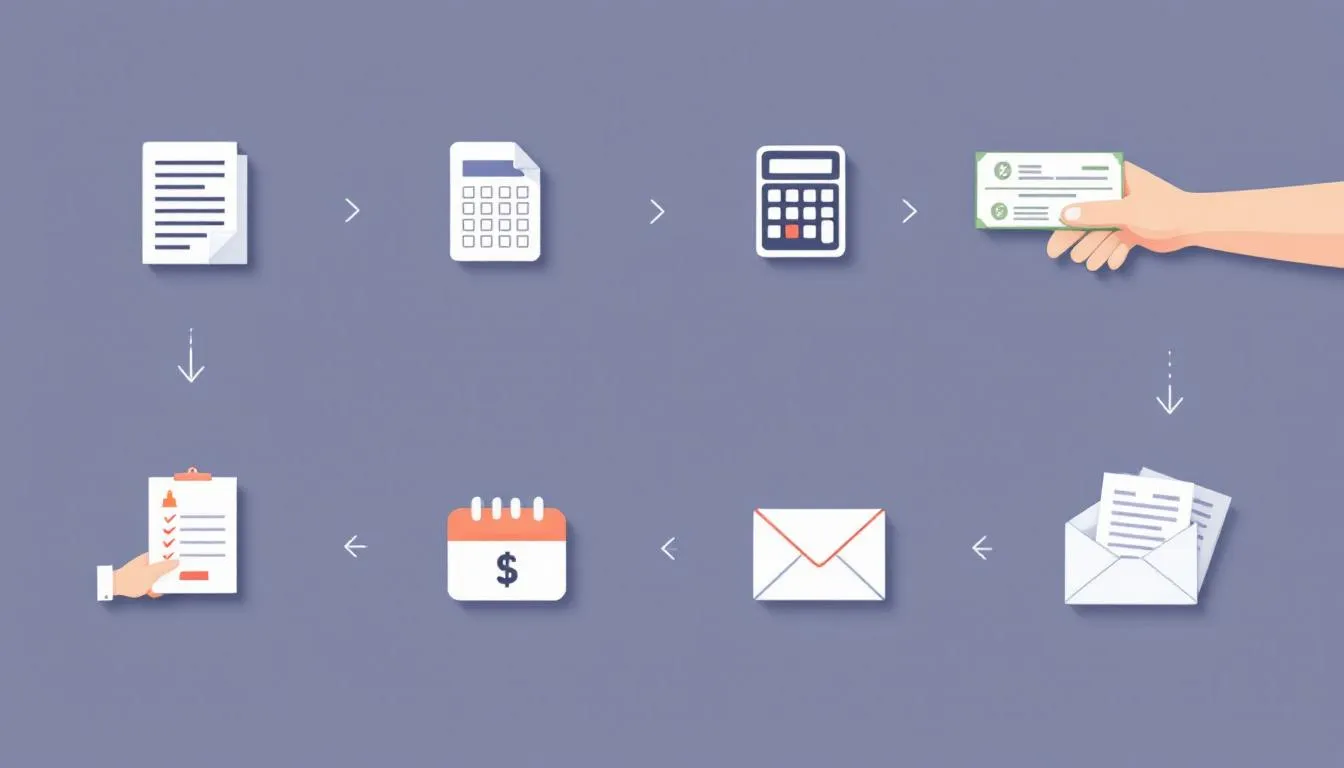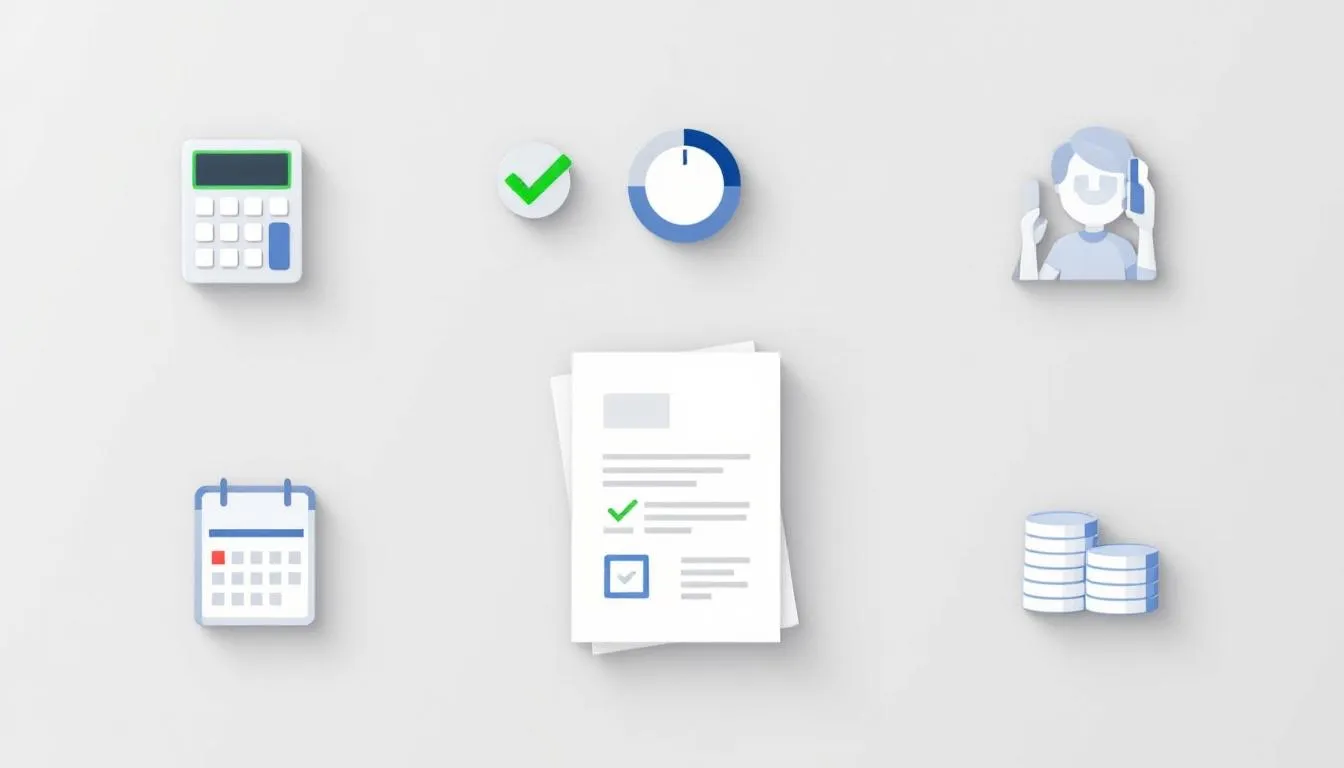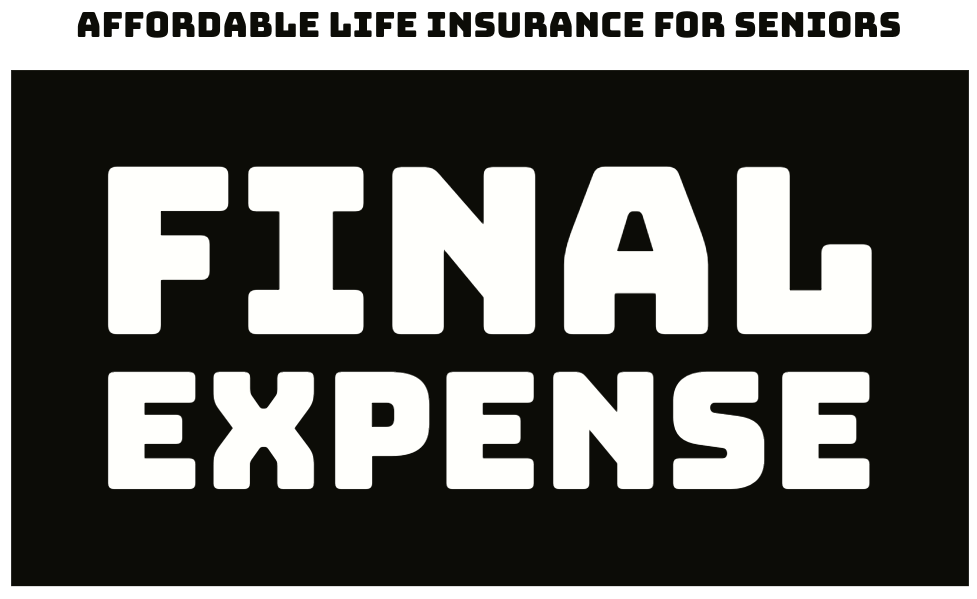Need to know how to cash in life insurance policy? This guide explains the options available – from policy loans to surrendering the policy – and the implications of each. You’ll learn the steps involved and what to consider to make an informed decision.
Key Takeaways
-
Life insurance policies like whole and universal life accumulate cash value that can be accessed through loans, withdrawals, or surrenders, offering financial flexibility.
-
Cashing in life insurance can have tax implications; withdrawals above the total premiums paid are taxable, and surrenders may lead to income tax on the gain.
-
Consulting with a financial advisor is crucial before cashing in a policy to ensure understanding of potential impacts on coverage and overall financial health.
Understanding Cash Value in Life Insurance Policies
The concept of cash value life insurance is unique to certain types of life insurance policies, such as whole life and universal life insurance and universal life policies. These policies offer more than just a death benefit; they accumulate cash value over time, which can be accessed for various purposes. Part of your premium payments contributes to the cash value component, building a financial asset within your universal life policy.
Whole life insurance typically guarantees cash value growth, making it a reliable option for policyholders looking to build a financial safety net. This cash value grows in a tax-deferred cash account, meaning you won’t owe taxes on the growth until you withdraw it. This feature can be particularly beneficial during retirement when you might need additional funds to supplement your income with a permanent life insurance policy.
Additionally, you can use the cash value to pay premiums, keeping your life insurance coverage intact during financial hardships. This flexibility makes permanent life insurance policies appealing for combining coverage with financial planning, and one primary advantage is their ability to provide both protection and savings.
Methods to Access Cash from Your Life Insurance Policy

There are several methods to access the cash value in your life insurance policy, each with its own set of advantages and considerations. One common way is through policy loans, where you borrow funds against the cash value of your policy. This way, you can access cash without a credit check, using the policy’s cash value as collateral.
Another method is withdrawing cash directly from the policy. This approach can be particularly useful if you need a smaller amount of money or if you want to avoid the interest charges associated with loans. However, withdrawals can reduce the policy’s death benefit and may be taxable if they exceed the premiums paid.
You have the option to surrender your life insurance policy. This allows you to receive its cash value. This means canceling the policy and receiving the accumulated cash value, minus any fees or outstanding loans. While this gives you a lump sum, it also ends your life insurance coverage, so consider this cash surrender option carefully.
How to Withdraw Money from a Life Insurance Policy
Withdrawing money from a life insurance policy can be done through a partial withdrawal, where you take out a portion of the accumulated cash value. The withdrawal amount depends on the type of policy and the issuing insurance company. It’s essential to check with your insurer to understand the specific terms and conditions.
Withdrawals up to the total premiums paid are generally not taxable, as they are considered a return of premiums. However, any gains withdrawn may be taxed as ordinary income. Be aware of the tax implications before making a withdrawal to avoid unexpected liabilities.
Making a partial withdrawal will decrease the policy’s death benefit, affecting the financial support available to your beneficiaries. If you withdraw the entire accumulated cash value, your policy will be terminated, and you will lose your life insurance coverage. Therefore, weigh the pros and cons of withdrawing money against your long-term financial goals, especially considering the entire death benefit.
Taking a Loan Against Your Life Insurance Policy
Taking a loan against your life insurance policy is another way to access its cash value. After owning the policy for several years, you can use the cash value as collateral to borrow money. One of the primary advantages of this method is that it doesn’t require a credit check, making it an accessible option for many policyholders. Additionally, borrowing money against your life insurance policy can provide a financial safety net. Personal loans can also be considered for those in need of additional funding.
Because the loan amount is secured by the policy’s cash value, it generally doesn’t have tax implications if repaid. However, any unpaid outstanding loan balance plus interest payments will reduce the death benefit available to your beneficiaries. While you can access the funds, plan to repay the loan to maintain the full value of your life insurance coverage.
Policy loans are not considered taxable income unless the policy lapses. This can provide a tax-efficient way to access cash when needed. Additionally, there’s no need for financial qualification, making it a straightforward option for those looking to leverage their policy loan life insurance policy.
Surrendering Your Life Insurance Policy for Cash

Surrendering your life insurance policy for cash is a significant decision that involves terminating your policy in exchange for its cash value. The process typically includes:
-
Gathering relevant documents
-
Completing forms provided by your insurer
-
Signing a lost policy release (LPR) to finalize the surrender or cancellation of your policy.
Keep in mind that surrender fees may apply, which can range from 10% to 20%, and in some cases, up to 35% to 40% of the surrender value. These fees can significantly reduce the amount of cash you receive. Additionally, any outstanding loans on the policy will further decrease the cash value available upon surrender, and surrender charges may also apply.
Surrendering your policy has the following consequences:
-
You relinquish the death benefit protection.
-
If you withdraw the entire cash value of a whole life policy, you will lose your life insurance coverage.
-
Surrendering a policy during the early years may result in higher fees, reducing the overall cash value.
Life Settlements: Selling Your Policy for Cash
A life settlement involves selling your life insurance policy. You receive cash in return from an individual or life settlement company. This option provides immediate funds, with the buyer taking over the premium payments and receiving the death benefit upon your passing. To initiate a life settlement, you’ll need to provide details and medical records to potential buyers who assess the policy based on your life expectancy.
Brokers can facilitate the sale by gathering multiple offers, increasing the chances of getting a better deal. Consult a licensed broker and obtain multiple offers to ensure a fair price for your policy. Be aware of the risks, including high commissions that can reduce the cash you receive from the sale.
If the proceeds from the life settlement exceed the total premiums paid, the gain is subject to income tax. Consider the tax implications and consult with a financial advisor before proceeding with a life settlement.
Tax Implications of Cashing In a Life Insurance Policy
Understanding the tax implications is important when cashing in a life insurance policy. Withdrawals up to the amount paid into the policy (your cost basis) are generally tax-free. However, if you withdraw more than your basis, the excess amount is subject to income tax.
Surrendering a policy involves the following tax considerations:
-
You gain access to the policy’s cash value.
-
Any payout exceeding the total premiums paid is taxable.
-
The gain on the policy due to surrender is subject to income tax.
-
You’ll be taxed on the amount that exceeds your total premiums paid.
Loans taken against the policy are generally speaking not taxable unless the policy lapses, leading to income taxes on outstanding loans. Policies classified as modified endowment contract (MEC) face different tax treatments, and withdrawals may lead to tax liability. If you have to pay taxes, it’s important to understand these implications.
Taxes are only owed on the profit made from the policy, not on the total cash value accessed. It’s advisable to consult with a tax advisor to understand the full tax consequences of cashing in your life insurance policy.
When Should You Consider Cashing In Your Life Insurance Policy?

Cashing in a life insurance policy is often considered a last resort for those who no longer need coverage. Major expenses or cash flow shortages often trigger this option. However, if you still require life insurance coverage or if significant tax implications could arise, it may not be the best decision.
Evaluate your need for coverage and your beneficiaries’ dependency on the policy’s death benefit before deciding. Cashing in a policy can compromise long-term goals or your family’s financial future. Consult a financial expert or insurance agent to ensure you’re making the best decision for your circumstances regarding accelerated death benefits.
In some cases, using the cash value from a policy can help manage life insurance premiums during financial hardships. Some policies allow for an exchange to a new policy or annuity without incurring taxes on investment gains. Generally, waiting 10 to 15 years before cashing out of a whole life insurance policy ensures sufficient growth.
Alternatives to Cashing In Your Life Insurance Policy
Consider exploring alternative options before cashing in your life insurance policy. A home equity loan, borrowing from retirement accounts, or selling the insurance policy are viable alternatives. These options can provide the necessary funds without sacrificing your life insurance coverage.
The cash value in your life insurance policy can cover policy premiums during financial difficulty, ensuring your coverage remains intact. Consulting with a financial advisor can provide insights into these life policies alternatives and help you make a well-informed decision.
Consulting with a Financial Advisor
Seek advice from a financial professional to understand the potential consequences of cashing out a life insurance policy. A financial advisor can help clarify how cashing in a life insurance policy may impact your overall financial plan and future needs.
Consult a tax advisor before surrendering a policy, as it may have financial implications. Professional guidance ensures you’re making the best financial decision for your unique situation.
Summary
Cashing in a life insurance policy offers various methods and options, each with its own set of advantages and considerations. From understanding cash value to exploring loans, withdrawals, and life settlements, this guide has provided a comprehensive overview to help you make informed decisions.
Remember, consulting with a financial advisor and carefully evaluating your financial needs and goals are crucial steps before cashing in your policy. By doing so, you can unlock the potential benefits of your life insurance policy while safeguarding your financial future.
Frequently Asked Questions
What is cash value in a life insurance policy?
Cash value is the accumulated portion of a life insurance policy that grows over time and can be accessed through loans, withdrawals, or surrenders. This feature allows policyholders to utilize their policy as an asset.
Are withdrawals from a life insurance policy taxable?
Withdrawals from a life insurance policy are generally tax-free up to the amount you have paid into the policy. However, any amount exceeding your total contributions is subject to income tax.
What happens to my life insurance coverage if I surrender my policy?
Surrendering your life insurance policy results in the termination of your coverage, and you will receive the cash value after deducting any applicable fees or outstanding loans.
How does taking a loan against my life insurance policy work?
Taking a loan against your life insurance policy allows you to borrow money using the policy’s cash value as collateral, without a credit check. This loan typically has no tax implications if it is repaid in full.
When should I consider cashing in my life insurance policy?
Cashing in your life insurance policy should be considered as a last resort when you face significant financial difficulties or no longer require coverage. It is advisable to consult a financial advisor before proceeding with this decision.
